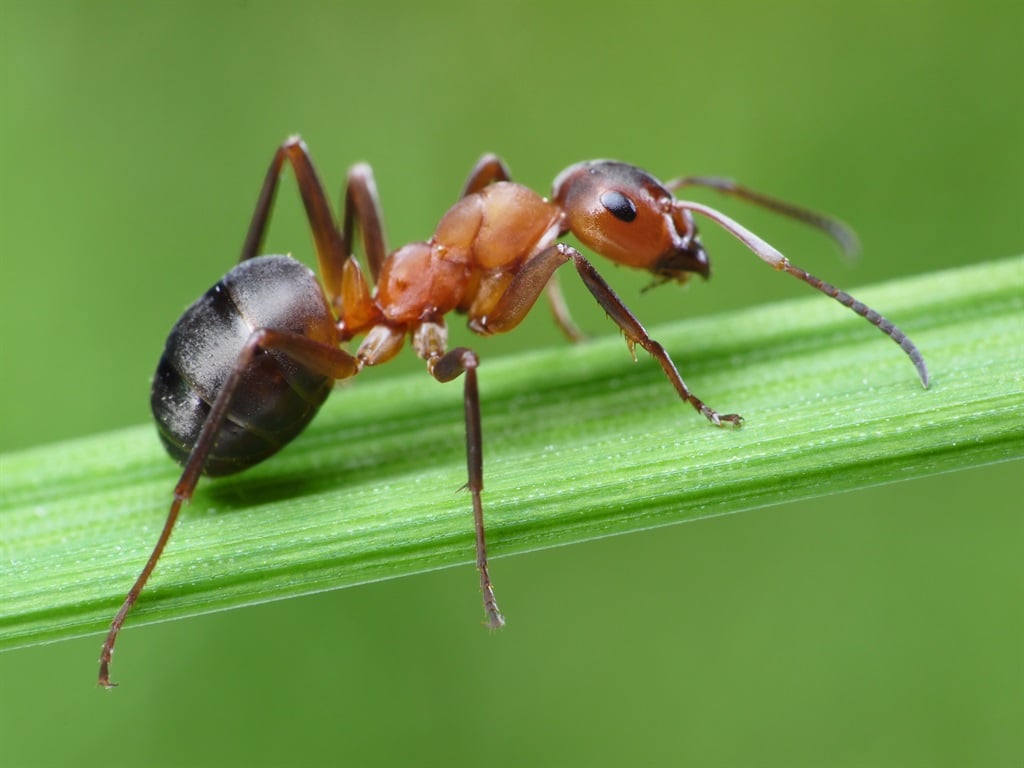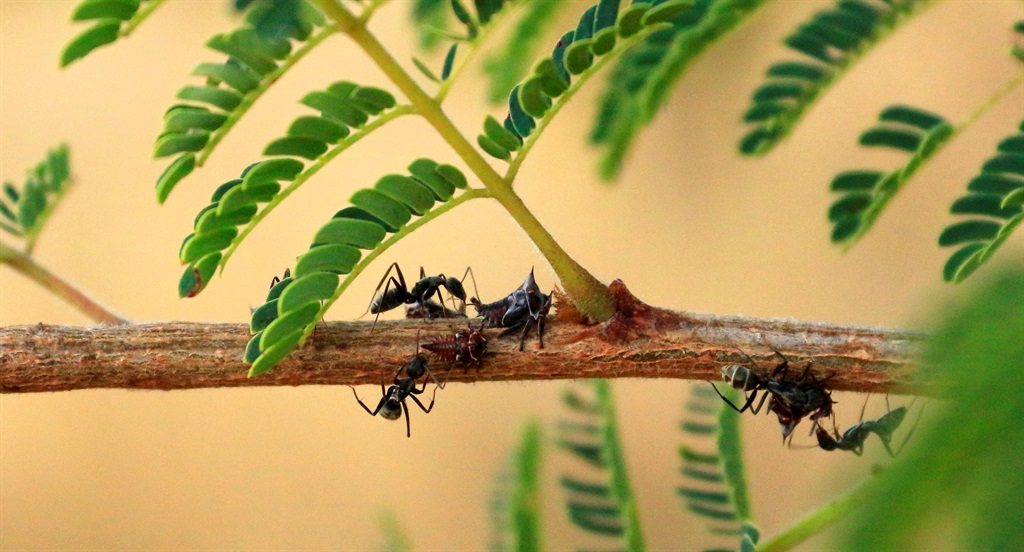
The world's human population is forecast to surpass 8 billion in the coming months. Compared with ants, that is a mediocre milestone.
Researchers have made the most thorough assessment to date of the global population of ants – insects that have colonised almost everywhere on the planet – and the estimated total is a mind-blowing 20 quadrillion of them or approximately 2.5 million for every human.
It should come as little surprise, considering how ubiquitous these busy and social insects are, and the fact that they have thrived since the age of dinosaurs, with the oldest known ant fossil dating back about 100 million years, to the Cretaceous period.
READ: Extraterrestrial stone researched in SA brings first supernova clues to earth
"Ants certainly play a very central role in almost every terrestrial ecosystem," said entomologist Patrick Schultheiss of the University of Würzburg in Germany and the University of Hong Kong, and co-lead author of the study published this week in the journal Proceedings of the National Academy of Sciences.
"They are very important for nutrient cycling, decomposition processes, plant seed dispersal and the perturbation of soil. Ants are also an extremely diverse group of insects, with different species fulfilling a wide range of functions. But most of all, it is their high abundance that makes them key ecological players," Schultheiss said.
There are over 12 000 known species of ants, which generally are black, brown or red and possess bodies segmented into three parts. Ranging in size from about 1mm to about 3cm long, ants typically inhabit soil, leaf litter or decaying plants – and occasionally human kitchens.
Ants, whose closest relatives are bees and wasps, are native to nearly everywhere on Earth, as any picnicker knows, except Antarctica, Greenland, Iceland and some island nations.
Insect ecologist and study co-lead author Sabine Nooten, also of the University of Würzburg and University of Hong Kong, said:
"I find the enormous diversity of ants fascinating. They can be tiny or huge, and show the most bizarre adaptations," Nooten added, citing a widespread ant genus called Strumigenys, known for long mouthparts with spikes used to hunt small invertebrates.
The researchers based their analysis on 489 studies of ant populations spanning every continent where ants live.
"Our data set represents a massive collecting effort of thousands of scientists. We were then able to extrapolate the number of ants for different regions of the world and estimate their total global number and biomass," Schultheiss said.
Tropical regions were found to harbour many more ants than other regions, with forests and dry lands boasting more ants than urban areas.
Ants generally live in colonies, sometimes comprising millions of them divided into groups with different roles, such as workers, soldiers and queens. The workers, all females, care for the queen and her offspring, maintain the nest, and forage for food. Males mate with queens, then die.
READ: ‘Fire walking’ dinosaurs braved SA’s land of lava
"Some ants can certainly be very annoying, but that's a human-centred perspective," Schultheiss said.
"Most ants are actually highly beneficial, even to us humans," Schultheiss added. "Think about the amount of organic matter that 20 quadrillion ants transport, remove, recycle and eat. In fact, ants are so essential for the smooth working of biological processes that they can be seen as ecosystem engineers. The late ant scientist EO Wilson once called them 'the little things that run the world'."




 Publications
Publications
 Partners
Partners










